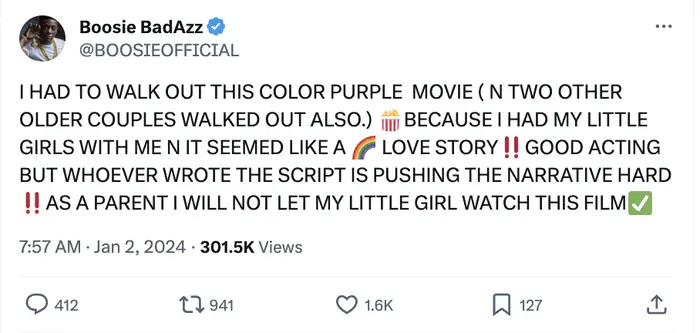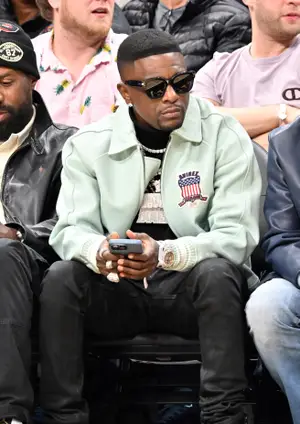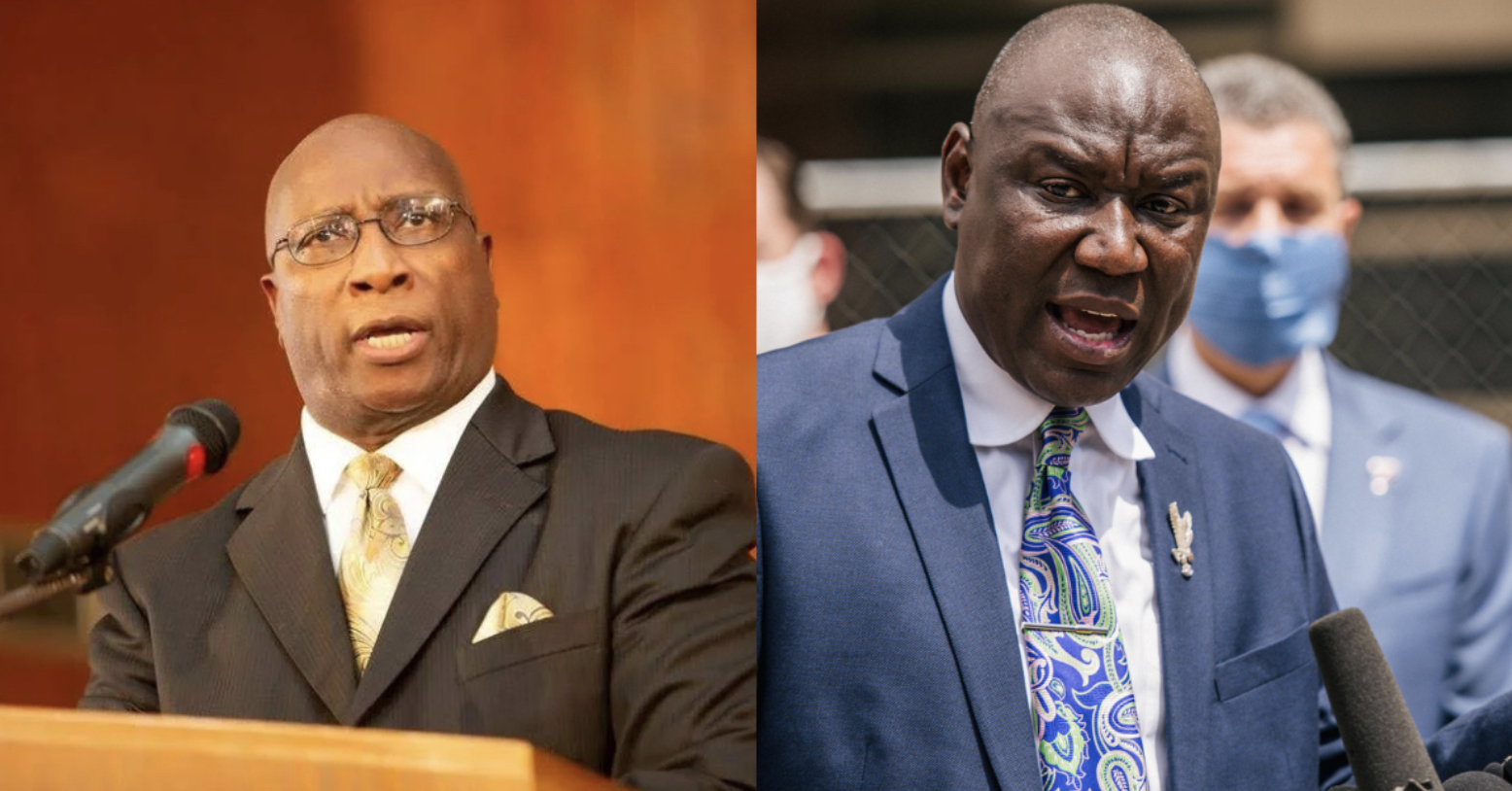The recently released film “The Color Purple” is currently playing in theaters, and many viewers who experienced the remake were surprised by the stark differences between the “new” version and the 1985 original.

Similar to the original book, the new movie places a more pronounced focus on Celie’s lesbian identity and her romantic involvement with Shug. In Steven Spielberg’s 1985 adaptation, Celie and Shug share a chaste kiss, but little else alludes to the love affair integral to author Alice Walker’s novel.

In contrast, the new movie aligns more closely with Walker’s book, delving into the numerous LGBTQ+ themes present in the original text, which has left some filmgoers deeply affected.
One dissatisfied viewer, in particular, is rapper Boosie, who claims to have walked out of the movie due to what he perceives as excessively explicit LGBTQ scenes. Boosie expressed his disapproval, stating, “| HAD TO WALK OUT THIS COLOR PURPLE MOVIE (N TWO OTHER OLDER COUPLES WALKED OUT ALSO.)” He further explained, “BECAUSE | HAD MY LITTLE GIRLS WITH ME N IT SEEMED LIKE A @ LOVE STORY GOOD ACTING BUT WHOEVER WROTE THE SCRIPT IS PUSHING THE NARRATIVE HARD.” Boosie emphasized that, as a parent, he would not permit his daughters to watch the film, indicating a disagreement with the portrayal of LGBTQ themes in the narrative.

Boosie’s decision to walk out of “The Color Purple” raises questions about his perspective on the film and its exploration of LGBTQ+ themes.




